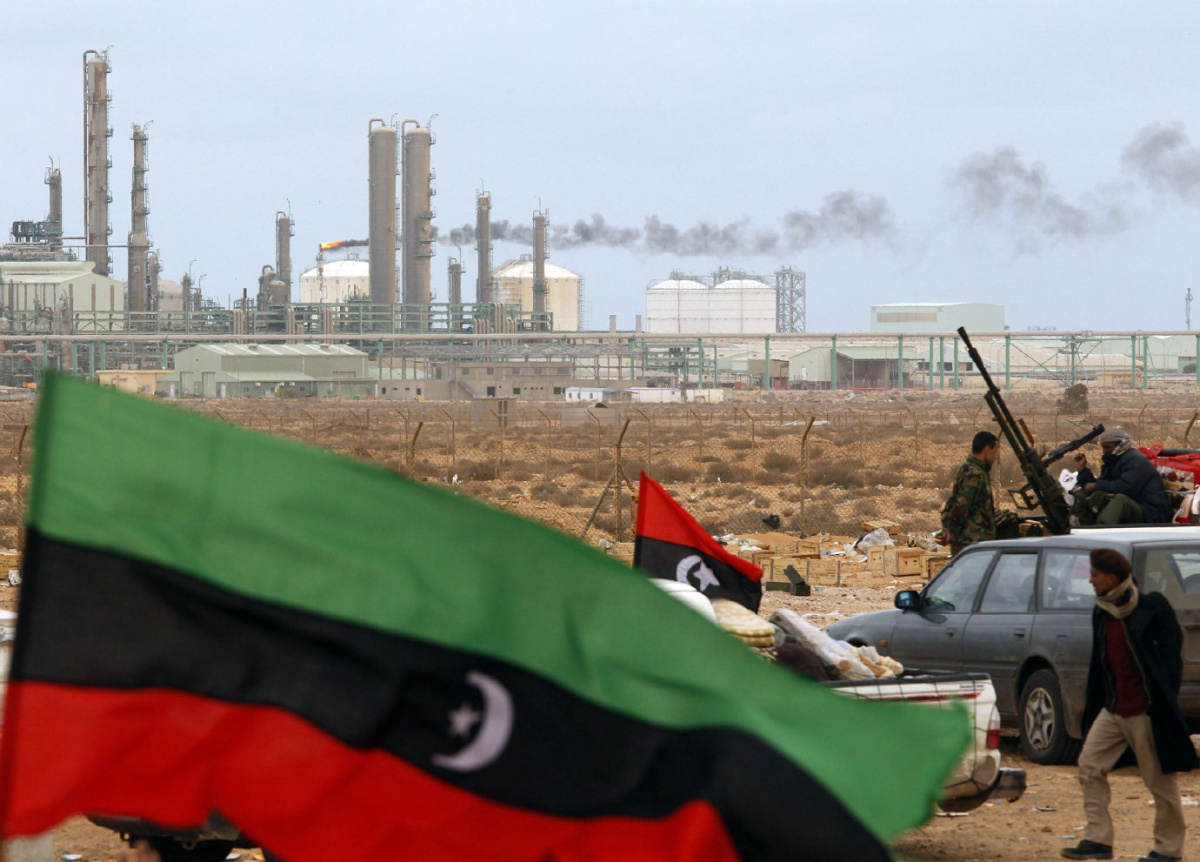Iraq’s Kurdistan region’s oil exports to resume
Iraq is set to resume oil exports from its Kurdistan region on the last week of February 2025, bringing an end to a dispute over Kurdish crude shipments that has lasted nearly two years, Oil Minister Hayan Abdel Ghani announced on February 17th, The National reported.
Speaking at an economic event in Baghdad, Ghani said an Iraqi Oil Ministry delegation would travel to Erbil on February 18th to finalise arrangements for transferring 300,000 barrels to Baghdad for export via Turkey’s Ceyhan port.
This development marks a significant improvement in relations between the Iraqi government and Erbil, the Kurdish region’s capital.
On February 2nd, the Iraqi parliament okayed a budget amendment to subsidise production prices for global oil companies that are operating in the Kurdistan region.
The Kurdish region holds an estimated 45 billion barrels of oil reserves, according to figures from its oil ministry.
Exports from Kurdistan to Turkey were suspended in March 2023 after an arbitration court ruled in Baghdad’s favor.
The court determined that Ankara had violated a 1973 agreement by allowing Kurdish authorities to export crude independently without Baghdad’s approval.
Since then, discussions between Baghdad and Erbil have failed to yield an agreement on key issues, including recognition of oil contracts signed unilaterally by Kurdish authorities and a mechanism for compensating developers.
Internal divisions between the KDP and PUK have deepened uncertainties over governance in the region, further intensifying public discontent against the backdrop of persistent economic challenges.
Ghani’s remarks come amid reports suggesting Kurdish crude exports could resume as early as March 2025.
However, ING analysts noted in a report on February 17th that such speculation is not new.
“This is not the first time we have heard suggestions that exports could restart. In addition, if flows were to resume, it would complicate issues around Iraqi output and its compliance with production targets under the Opec+ deal,” the report stated.
As the second-largest oil producer in Opec after Saudi Arabia, Iraq has struggled to consistently stay within its designated production quotas.
According to Opec data, the country’s oil output in January was four million barrels per day, reflecting a slight decline of 5,000 bpd from the previous month.
The broader Opec+ alliance has implemented significant production cuts since 2022, collectively reducing output by 5.86 million bpd through a series of measures.
The National
Want to chase the pulse of North Africa?
Subscribe to receive our FREE weekly PDF magazine














